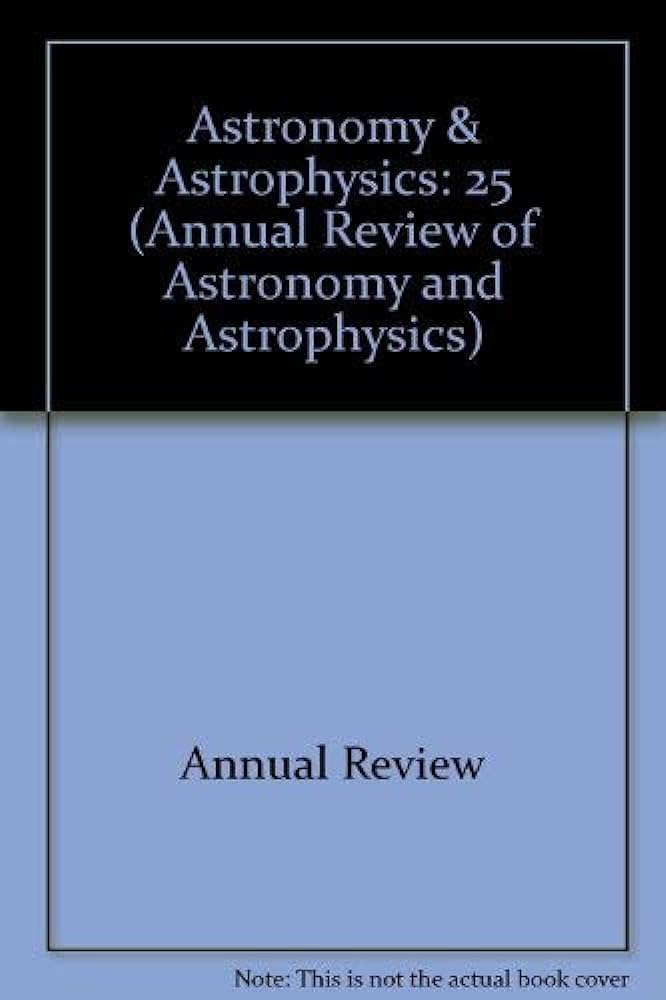碎片盘:结构、组成和可变性
IF 32.5
1区 物理与天体物理
Q1 ASTRONOMY & ASTROPHYSICS
Annual Review of Astronomy and Astrophysics
Pub Date : 2018-02-12
DOI:10.1146/annurev-astro-081817-052035
引用次数: 172
摘要
碎片盘是一种稀薄的、以尘埃为主的圆盘,通常在不同年龄的恒星周围观察到。那些围绕主序星的光类似于太阳系的柯伊伯带和黄道光。碎片盘中的尘埃被认为是不断再生的,主要是由星子的碰撞产生的。对碎片盘的观测提供了对行星系统演化的洞察;以及太阳系外尘埃、彗星和星子的组成;同时也对轨道结构和系外行星的潜在质量施加了限制,否则这些系外行星是无法探测到的。这篇综述强调了最近在多波长、高分辨率散射光和热成像方面的进展,这些进展揭示了碎片盘中复杂和复杂的结构多样性,并讨论了建模方法如何随着现有观测的广度和深度而发展。这篇综述强调了两个快速发展的子领域,包括对主序星周围原子和分子气体的观测,以及在很短的时间尺度(几天到几年)内碎片盘发射的变化,提供了非稳态碰撞演化的证据,特别是在年轻的碎片盘中。本文章由计算机程序翻译,如有差异,请以英文原文为准。
Debris Disks: Structure, Composition, and Variability
Debris disks are tenuous, dust-dominated disks commonly observed around stars over a wide range of ages. Those around main sequence stars are analogous to the Solar System's Kuiper Belt and zodiacal light. The dust in debris disks is believed to be continuously regenerated, originating primarily with collisions of planetesimals. Observations of debris disks provide insight into the evolution of planetary systems; and the composition of dust, comets, and planetesimals outside the Solar System; as well as placing constraints on the orbital architecture and potentially the masses of exoplanets that are not otherwise detectable. This review highlights recent advances in multiwavelength, high-resolution scattered light and thermal imaging that have revealed a complex and intricate diversity of structures in debris disks and discusses how modeling methods are evolving with the breadth and depth of the available observations. Two rapidly advancing subfields highlighted in this review include observations of atomic and molecular gas around main sequence stars and variations in emission from debris disks on very short (days to years) timescales, providing evidence of non-steady-state collisional evolution particularly in young debris disks.
求助全文
通过发布文献求助,成功后即可免费获取论文全文。
去求助
来源期刊

Annual Review of Astronomy and Astrophysics
地学天文-天文与天体物理
CiteScore
54.80
自引率
0.60%
发文量
14
期刊介绍:
The Annual Review of Astronomy and Astrophysics is covers significant developments in the field of astronomy and astrophysics including:The Sun,Solar system and extrasolar planets,Stars,Interstellar medium,Galaxy and galaxies,Active galactic nuclei,Cosmology,Instrumentation and techniques,
History of the development of new areas of research.
 求助内容:
求助内容: 应助结果提醒方式:
应助结果提醒方式:


